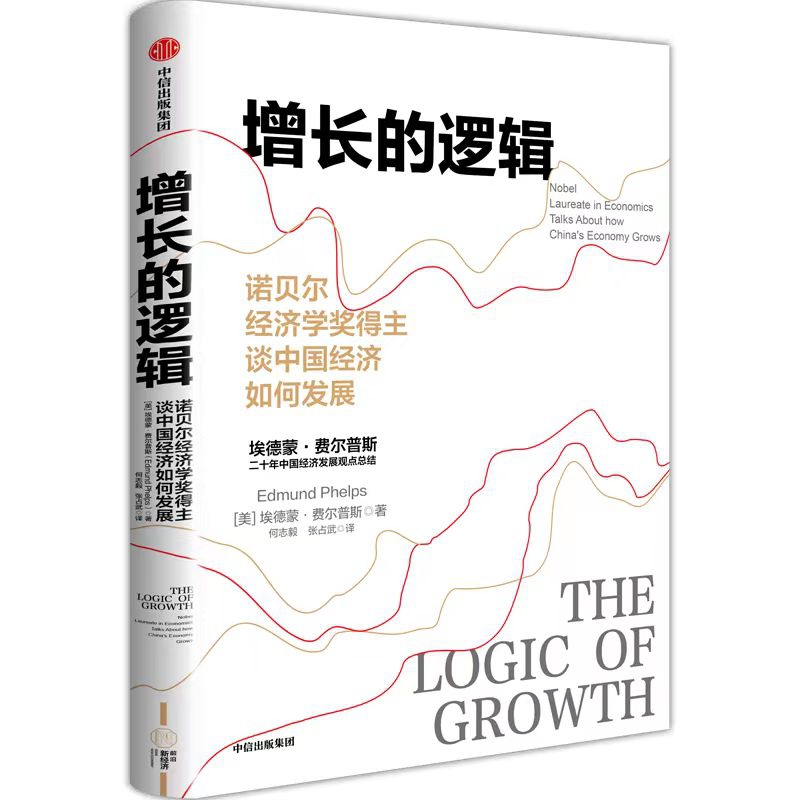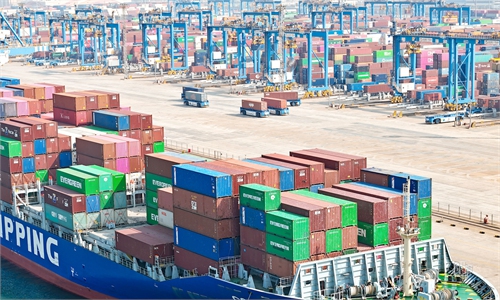
Illustration: Liu Xidan/GT
The Chinese economy still retains vitality, which is manifested in the great leaps China has made in developing innovations in areas such as finance and artificial intelligence, Edmund Phelps, winner of the 2006 Nobel Prize in economics, told Global Times in a recent interview.
Phelps' research focuses mainly on growth theory and employment theory. He was honored with the Chinese government Friendship Award in 2014. In his latest book, The Logic of Growth: Nobel Laureate in Economics Talks About how China's Economy Grows (Chinese Edition), Phelps delves into China's development trajectory over the past years, and explores the significance of independent innovation, social vitality, national prosperity, modern values, and innovative entrepreneurship and education within the context of the "Chinese economy."
In the written interview, Phelps noted that the Chinese people have retained most or even all, of their vitality. Such vitality plays a role in people attaining job satisfaction and a good quality of life. This vitality is manifested in the great leaps China has made in developing innovations in various fields such as hypersonics, underwater drones, finance, artificial intelligence, space technologies and biotechnology. China has also made progresses in the development of renewable energy like wind and solar powers, Phelps wrote.
Phelps has visited China many times and has been impressed by many Chinese companies. He believes that innovation does not belong to the elites, but to everyday people. Phelps told the Global Times that in the era of phenomenally rapid economic growth in America, 1870 to 1970, innovation was remarkably widespread - not at all confined to just a few innovators. Most innovations were achieved by ordinary people from grassroots on up. During the period of widespread innovation, routine work, dull and lonely, gave way to careers that took twists and turns and jobs that were rewarding. As people used their imagination to create new things and their ingenuity to meet challenges, they were able to express themselves and grow in the process.
"Undoubtedly, as companies see other companies innovating, the former companies feel encouraged to see whether they too can achieve innovations," Phelps said.
In the book The Logic of Growth, Phelps states that innovation from the US has decreased significantly, and there is almost no innovation from Europe. Therefore, China has the potential to become a major source of global economic innovation. China is undergoing numerous high-tech innovations. It is time to witness the progress China can achieve in this field.

The Logic of Growth: Nobel Laureate in Economics Talks About how China's Economy Grows


